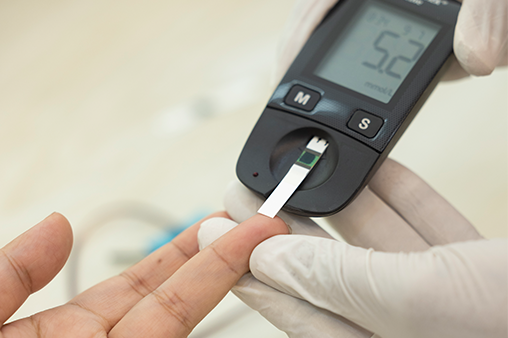In recent years, the world has witnessed a paradigm shift in the healthcare landscape, thanks to the rapid advancements in technology. E-health, short for electronic health, has emerged as a game-changer, revolutionizing the way healthcare services are delivered and accessed. This blog post explores the profound impact of E-health, as recognized by the World Health Organization (WHO), and how it is empowering healthcare systems globally.
What is E-health?
E-health encompasses a wide range of digital technologies and electronic communication tools that facilitate the delivery of healthcare services and information. These technologies aim to improve the efficiency, accessibility, and quality of healthcare while putting patients at the center of care. From telemedicine and electronic health records to health apps and wearable devices, E-health offers an array of solutions to transform healthcare for the better.
Empowering Healthcare Systems
Improved Access to Healthcare:
E-health has broken down geographical barriers, making healthcare services accessible to individuals, regardless of their location. Telemedicine, for instance, enables remote consultations with healthcare providers, allowing patients to seek medical advice and treatment without leaving their homes. This not only improves access to healthcare, especially for those in rural or underserved areas but also reduces the burden on healthcare facilities.
Efficient Health Information Management:
The transition from traditional paper-based records to electronic health records (EHRs) has streamlined health information management. EHRs allow healthcare providers to access patient data in real-time, facilitating quicker and more accurate diagnosis and treatment. This seamless information exchange enhances care coordination and ensures patients receive timely and well-coordinated healthcare services.
Personalized and Preventive Care:
E-health technologies enable the collection and analysis of vast amounts of health data. This data-driven approach allows for personalized and preventive care, tailoring treatment plans to individual patients’ needs. Healthcare providers can identify health risks, monitor chronic conditions, and implement early interventions, leading to improved health outcomes and reduced healthcare costs.
Empowering Patients in Self-Care:
Health apps and wearable devices have empowered individuals to actively participate in their own health management. Patients can monitor their vital signs, track physical activity, and receive personalized health recommendations. This engagement fosters a sense of responsibility for their well-being, encouraging healthier lifestyle choices and disease prevention.
Strengthening Healthcare Infrastructure:
E-health solutions bolster healthcare infrastructure, optimizing resource utilization and minimizing inefficiencies. Remote monitoring and virtual consultations help alleviate the burden on overcrowded healthcare facilities, ensuring that critical cases receive timely attention while routine cases are efficiently managed.
Conclusion
As recognized by the WHO, E-health is a transformative force that empowers healthcare systems worldwide. By harnessing the potential of digital technologies, healthcare is transitioning into a patient-centered, efficient, and accessible domain. E-health facilitates personalized care, preventive measures, and empowers individuals to take charge of their own health.
Embracing E-health technologies is not merely an option but a necessity to meet the evolving needs of the global population. The collaborative efforts of healthcare providers, policymakers, and technology innovators can bring about a revolution in healthcare, making it more inclusive, efficient, and effective.
In conclusion, E-health is the key to unlocking a brighter, healthier future for healthcare. As we embrace this digital transformation, we pave the way for a world where quality healthcare is within reach of every individual, regardless of their location or circumstances. Together, we can empower healthcare and build a healthier, more resilient world for generations to come.
References:
World Health Organization (WHO). (2023). eHealth. Retrieved from https://www.who.int/ehealth/en/

